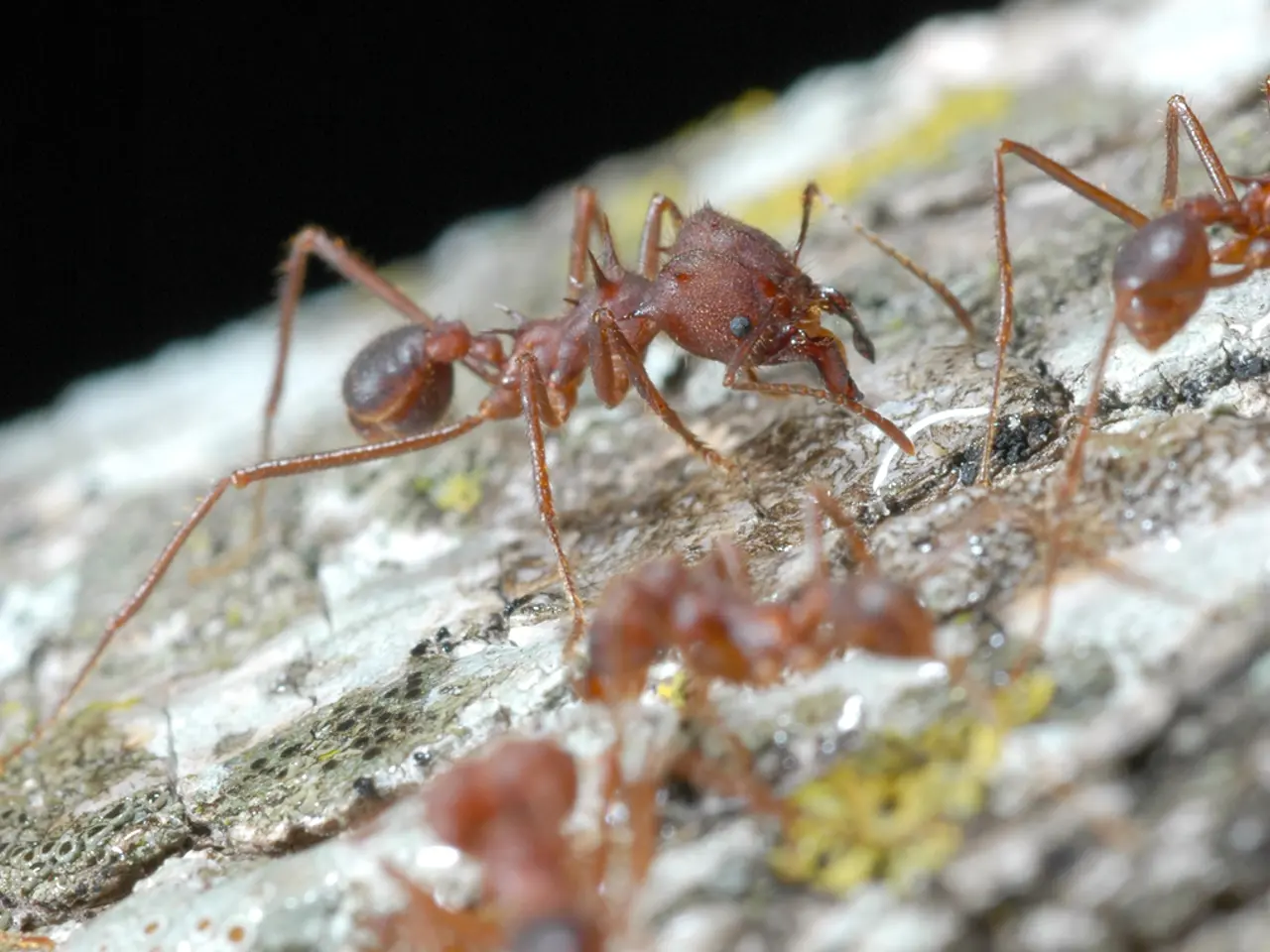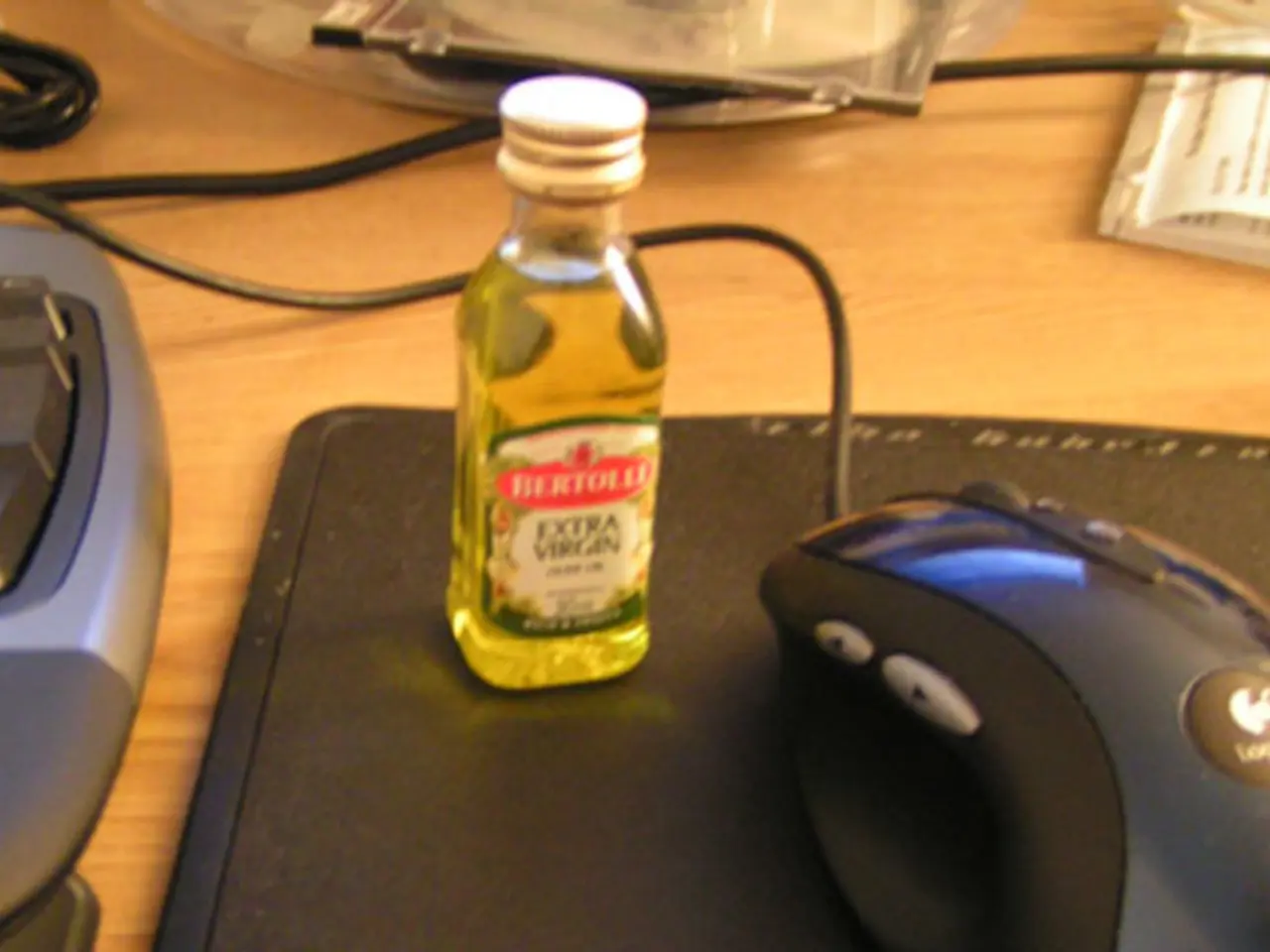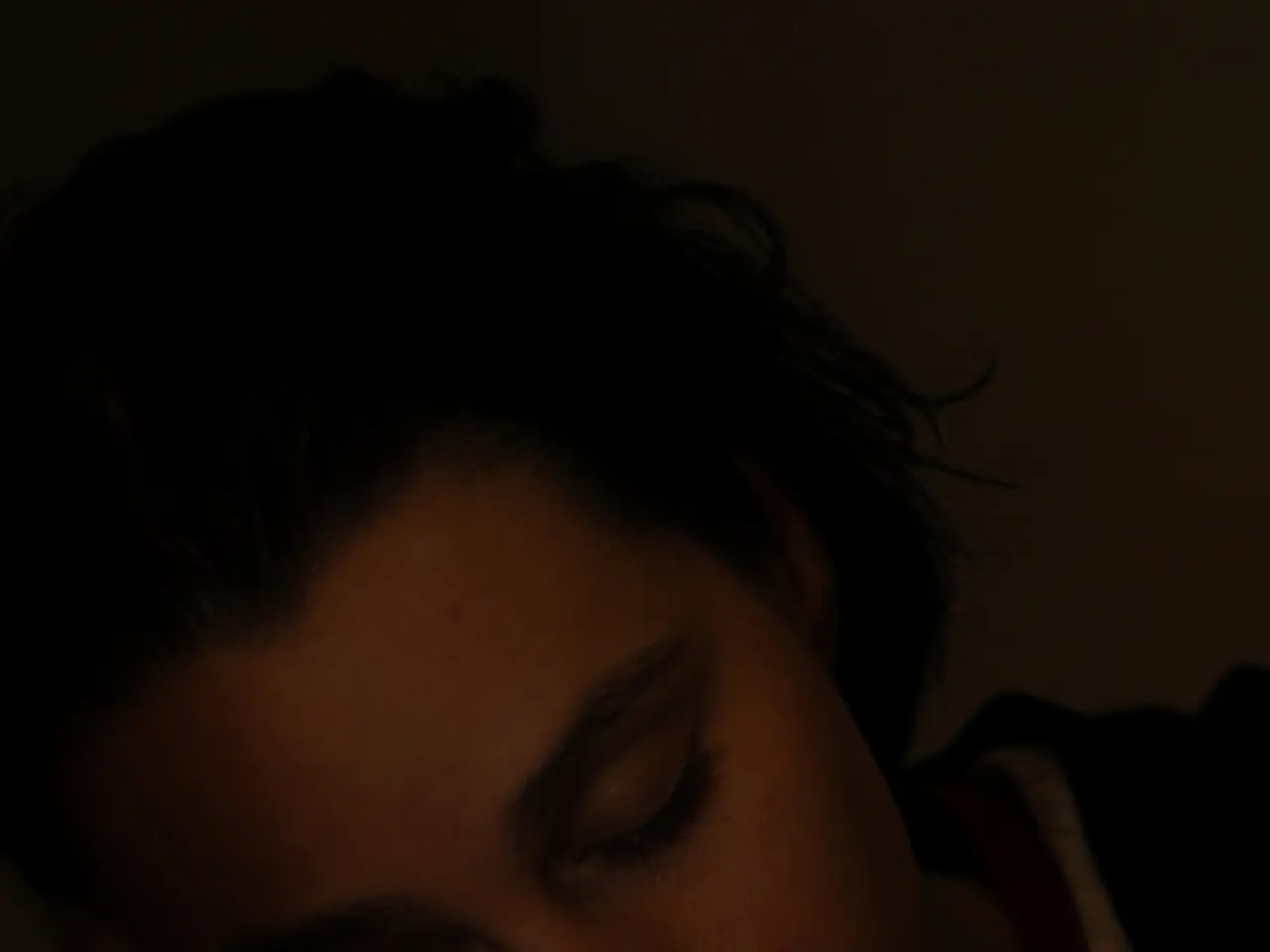Protests by Opposition Parties Causing Partial Interruptions in Daily Life Activities in Odisha over Student's Death
In a significant display of protest, a statewide bandh was enforced in Odisha on July 17, 2025, led by eight opposition parties, including the Congress. The bandh was called to demand justice for a 20-year-old college student from Balasore who took her own life following alleged sexual harassment by a professor at Fakir Mohan Autonomous College.
The bandh resulted in widespread disruptions across the state, with public and private transport services largely suspended. Buses stayed off the roads, long-distance trucks were stranded, particularly on key highways like the Kolkata-Chennai National Highway, and train services experienced delays due to protest-related blockades. Schools, colleges, and markets were closed throughout the day, while hospitals, ambulance services, and pharmacies remained operational to ensure continuity of healthcare services. Government offices and banks reported reduced attendance, but there was no official announcement on their closure.
To ensure law and order, police in Bhubaneswar, Cuttack, and other cities enforced heightened security measures. The Odisha Pradesh Congress Committee president, Bhakta Charan Das, stated that the bandh is being observed peacefully across the state, including in Bhubaneswar.
The opposition parties demanded a strict judicial investigation into the incident, the resignation of the State Higher Education Minister, and action against local leaders. However, the government handed the case over to the Crime Branch, which was criticized by the opposition as an "eyewash" and insufficient.
Leaders from the Congress, CPI, CPI(M), CPIM (ML), Forward Bloc, RJD, SP, and NCP took part in the bandh. The State Home Department instructed all district collectors and SPs to stay highly alert for the entire day, keeping a close watch and being prepared to deal with possible road obstructions, protests, and any outbreaks of violence during the bandh.
The bandh affected normal activity in several parts of the state, including major cities like Bhubaneswar and Cuttack. Rama Chandra Kadam, leader of the Congress Legislature Party (CLP), alleged that there is no safety for women in Odisha since the BJP came to power, and the state records around 15 rape cases daily. The government has failed to control such crimes, according to Kadam.
Protesters blocked key roads, especially in the state capital, raised slogans against the BJP-led state government, and demanded justice for the deceased student. The Odisha Petroleum Dealers' Association shut down all fuel stations statewide from 6 a.m. to 6 p.m. as a safety measure. Shops, markets, schools, and commercial establishments remained closed for the duration of the protest. Association president Sasanka Shekhar Sahu expressed regret for any inconvenience caused.
Security forces continue to monitor developments as the bandh progresses. The Congress party, along with seven other opposition parties, enforced a 12-hour state-wide bandh in Odisha on Thursday. Bhakta Charan Das also mentioned that picketing is being carried out on national highways and at railway stations. Bhubaneswar-Cuttack Police Commissioner S Dev Datta Singh stated that the situation is being closely observed from a central command center, and government workers were instructed to arrive at their workplaces early in the day.
[1] Source: The New Indian Express [2] Source: The Times of India [3] Source: Odisha TV [4] Source: The Hindu
- The statewide bandh in Odisha, led by eight opposition parties, including the Congress, disrupted various sectors such as technology, education, and general news, as schools, colleges, and markets remained closed.
- Health-and-wellness services were undeterred, as hospitals, ambulance services, and pharmacies operated normally to ensure continuity of healthcare during the bandh.
- In the realm of women's health, the incident sparked discussions and demands for justice and improved safety, with leaders from the opposition parties calling for action against local leaders and a stricter investigation.
- The bandh also affected crime-and-justice, with protests, road blockades, and slogans being raised against the state government, pointing to a perceived lack of action in addressing crime issues, particularly those related to women's safety.




